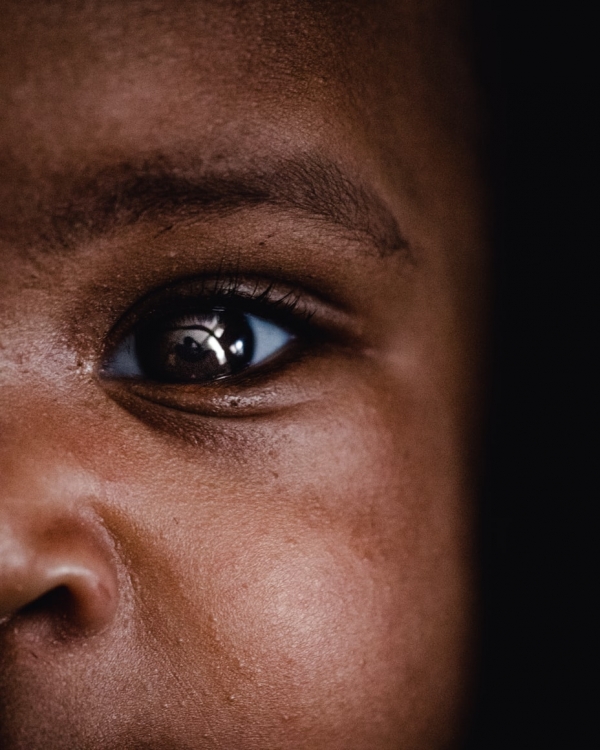This document is the fifth report of the United Nations Secretary-General on children affected by armed conflict in the Central African Republic (CAR). It covers a period of time between July 2019 and June 2021. It aims to address the six grave violations perpetrated against minors, namely recruitment and use (845), killing and maiming (155), rape and other forms of sexual violence (249), attacks against schools and hospitals (72), abduction (116), and the denial of humanitarian access (226). In February 2019, the Political Agreement for Peace and Reconciliation in the Central African Republic was signed. However, security forces and armed groups continued to commit grave violations against children. This situation had the upper hand owing to a fragile security system and the weak presence of State authority. The CAR task force verified 1,633 grave violations against 1,280 children (727 boys and 553 girls).
As to recruitment and use, the task force verified 845 victims aged between 7 and 17 years old, including 292 below the age of 15. Of the total number, 35 girls were used for sexual purposes. 232 children were used as combatants. The remaining 578 children were used in support roles such as bodyguards, manning checkpoints, spies, messengers, porters and carrying out domestic tasks. In terms of killing and maiming, the killing included 83 victims and maiming 72 of 155 children (96 boys and 59 girls), some as young as three months old. Although the number decreased, it remained high. Most of them were killed or maimed during crossfire, explosive remnants and arson. With regards to rape and other forms of sexual violence, it continued to be highly underreported. However, 41 violations against children between the age of 4 and 17 were verified during the second half of 2019, 114 in 2020 and 94 during the first half of 2021. As one of the main concerns in the CAR, sexual violence by peacekeepers is also included. As regards attacks against schools and hospitals, the task force verified 72 incidents of attacks against 41 schools and 31 hospitals. Incidents involved 25 lootings, five threats against and injuring medical personnel and patients and the burning of a healthcare centre. As concerns abduction, violations increased from 18 in 2019 to 61 in 2020. The victims were 56 boys and 60 girls. Of the total, 50% were abducted for recruitment and use, 29 children for sexual purposes, seven for ransom and 23 for unknown reasons. And, as for denial of humanitarian access, the total of incidents included violence against humanitarian facilities and assets, carjacking, assault on humanitarian personnel, kidnapping, interference in the implementation of humanitarian activities preventing humanitarians from reaching beneficiaries and delivering aid and killing of humanitarian personnel.
On 27 February 2020, the National Assembly adopted the Child Protection Code promulgated by the Government of CAR to criminalize the six grave violations against children. This was one of the first steps to challenge crimes committed against minors in armed conflict. The task force also initiated a dialogue with the Government however, no action was taken due to the lack of judicial authorities. Furthermore, the Union pour la Paix en Centrafrique (UPC) signed an action plan to prevent these violations focusing on four of them. Lastly, the United Nations Multidimensional Integrated Stabilization Mission in the Central African Republic (MINUSCA) trained 2,566 peacekeepers on child protection.
In conclusion, the Secretary-General made a few remarks and recommendations. He urged the signatories to uphold their commitments and the Government to develop a strategy to prevent these violations from happening. Furthermore, he encourages the establishment of a special commission of inquiry, to investigate the crimes, and to allocate funds. He also welcomes a dialogue to end all violations and the prioritization of accountability for crimes of sexual violence. It is intended that these recommendations put an end to these grave violations and prevent them from occurring in the future.
To read more, please visit:
https://reliefweb.int/sites/reliefweb.int/files/resources/S_2021_882_E.pdf
Author: Valentina Di Carlantonio







